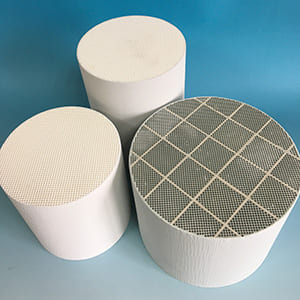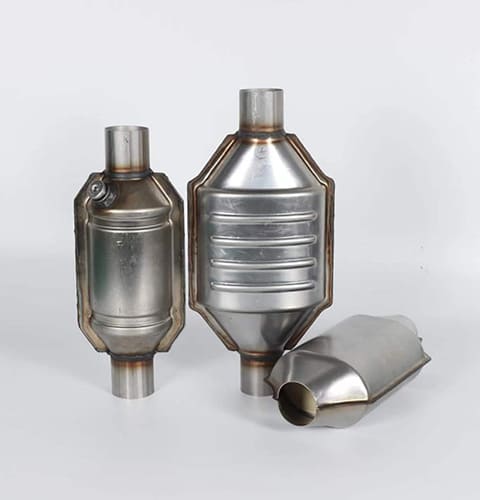Ever made a bulk purchase of catalytic converters only to realize you’ve got subpar quality? Are you anxious about spending significant capital without the assurance of product quality? How do you ensure that you’re getting what you’ve paid for?
Quality assurance is vital when making bulk purchases of catalytic converters. As a B2B supplier or wholesaler, you’re responsible not just for your bottom line but for the performance and safety of your clients’ operations as well. Ensuring high-quality products means considering factors like material composition, emission reduction effectiveness, durability, and compliance with industry standards.
Curious about how to raise the bar for quality in your bulk purchases? Continue reading for an in-depth guide to safeguarding quality in bulk catalytic converter sourcing.
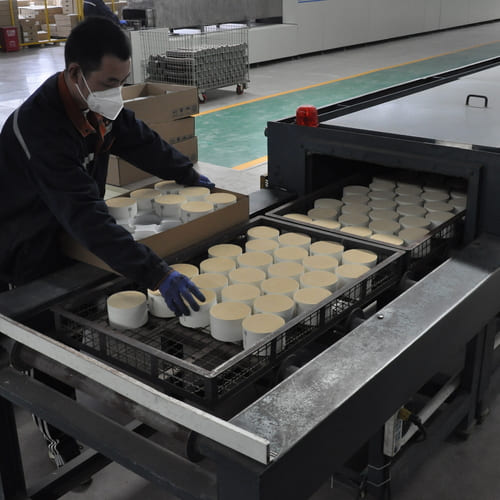
What Are the Crucial Factors for Quality?
When purchasing catalytic converters in bulk, what are the key factors that ensure you’re getting high-quality products?
How Important is Material Composition?
One of the first things to consider is material composition. Catalytic converters usually contain precious metals like platinum, palladium, and rhodium. The ratio and purity of these metals directly affect the converter’s performance.
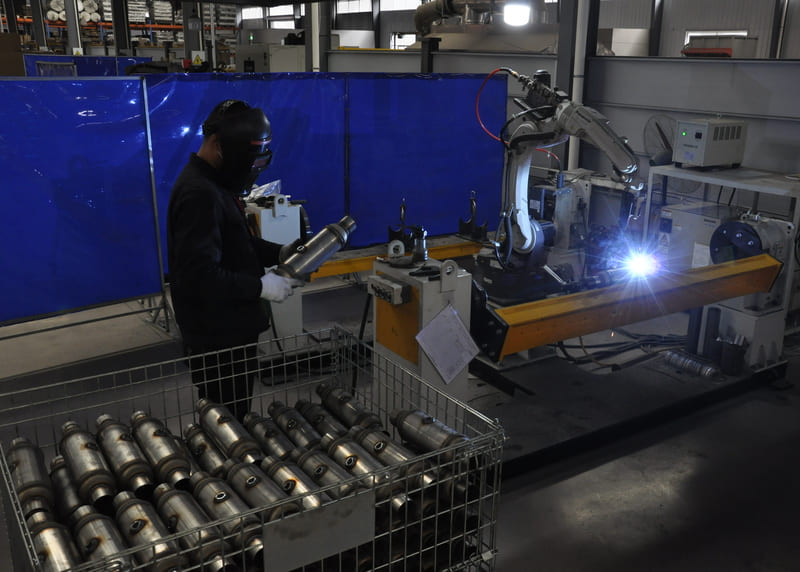
What About Emission Reduction?
Another critical measure of quality is emission reduction effectiveness. Catalytic converters are designed to reduce harmful emissions. Make sure the converters meet or exceed federal and international standards like those set by the EPA.
Is Durability a Reliable Indicator?
Durability is also a major consideration. Check whether the product can withstand the high temperatures and corrosive environments typical in exhaust systems. A low-quality product could lead to premature failure, resulting in more significant long-term costs.
How to Ensure Compliance with Industry Standards?
Ensure your products comply with industry standards and certifications. Reputable manufacturers will be ISO-certified and adhere to other industry-specific quality guidelines. These certifications give you a higher assurance level regarding the product’s quality.
What Are the Warning Signs of Subpar Quality?
There are red flags to be wary of, such as unreasonably low prices, lack of third-party testing, or missing certifications. Paying attention to these can help you avoid potentially costly mistakes.
Can In-house Testing Be a Reliable Approach?
In-house testing can also provide an additional layer of quality assurance. If possible, perform your tests Samples to confirm the converters meet your quality metrics.
What Role Does the Supplier Play in Quality Assurance?
The supplier’s reputation plays a critical role. Conduct due diligence, check reviews, and perhaps even visit their production facility. A reliable supplier is a long-term partner who can help you meet your quality objectives.
How Do Returns and Warranties Factor In?
Look for suppliers who offer reasonable return policies and warranties. This acts as a safety net and shows that the supplier is confident about the quality of their products.
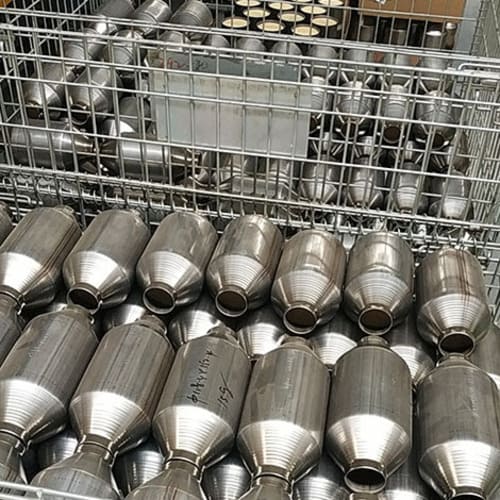
Conclusion
Quality assurance in bulk catalytic converter purchases is not just a one-time effort but an ongoing process. From checking material composition and emission standards to conducting in-house tests and scrutinizing supplier credibility, numerous factors must be considered. Taking the time to focus on these aspects will not only safeguard your investment but also elevate the value you provide to your clients.

